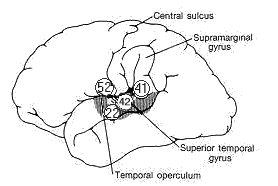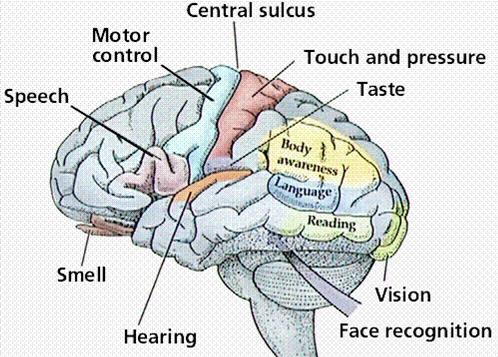 George
Lakoff, The Political Mind
George
Lakoff, The Political Mind
![]()
"Language is far more than a means of expression and communication. It is the gateway to the mind. It organizes and provides access to the system of concepts used in thinking.
"Language can be used to change minds, which means it can change brains"permanently, for good or ill. It does not merely express emotions, it can change them; not merely arouse or quell them, but change the role of emotion in one"s life and the life of a nation."
"Language does not only express identity; it can change identity."

"Language is sensual and aesthetic, with the power to woo or repulse, to be beautiful or ugly, to be meaningful or banal."
"Language has moral force; it can bring out the best in people and the worst.
Memories are never just 'stored'; they are always created anew."
Language does not just evoke memories; it can change them, and thereby change history" the story of the past.
"Language has political force."
p. 231.
What makes Language powerful is its capacity to activate, communicate, regulate, and even change all aspects of our understanding! Language mostly works through the cognitive unconscious, so we are usually unaware of the effects it is having."
"Language is a mediating system (a matter of neural connections"connections between speech sounds, writing or signs in
signed languages on the one hand and meaningful brain structures; frames, metaphors, narratives, image schemas, prototypes, metonymies, and so on) in the brain; it consists of circuits linking meaningful embodied ideas to physical linguistic form"speech, writing, gesture, and signs in signed language."
"The way we think" shapes language and "language" shapes "the way we think," or so he concludes.
23
![]()
1. George Lakoff, The Political Mind: A Cognitive Scientist"s Guide to your Brain and Politics. Penguin, (2008-2009).
2. See also Orwell, "The Politics of the English Language,"